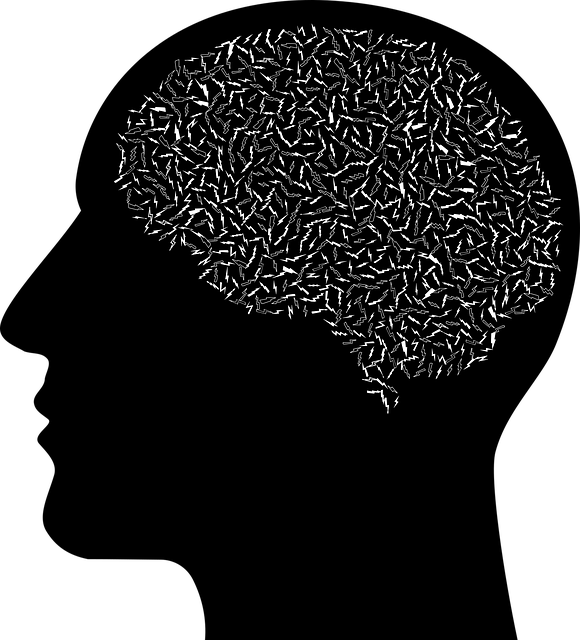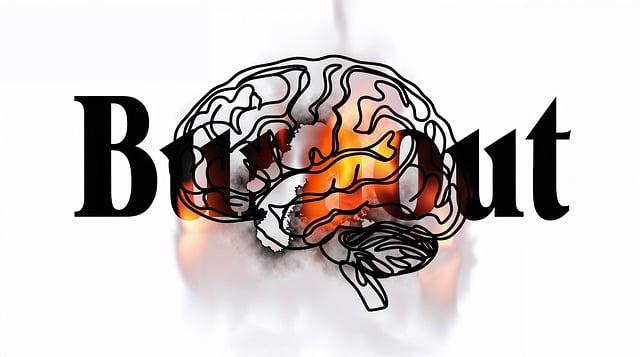Understanding the unique mental health challenges faced by young adults with cancer is vital for designing effective educational programs. These individuals encounter barriers due to physical, emotional, and cognitive impacts of their diagnosis and therapy, affecting quality of life. Program designers should focus on building inner strength, promoting self-care routines, and encouraging resilience through evidence-based strategies like CBT and mindfulness practices. Interactive curricula, group discussions, peer support networks, diverse learning resources, and safe spaces are key components. The goal is to destigmatize mental health conversations, enhance well-being, and empower individuals to navigate cancer-related challenges effectively.
Mental health challenges are prevalent among young adults facing cancer, impacting their journey and overall well-being. This article explores the critical role of education program design in addressing these issues. We delve into understanding specific mental health concerns, designing comprehensive educational initiatives, integrating evidence-based therapies, and evaluating their effectiveness. By implementing tailored programs, we can enhance supportive care, improve patient outcomes, and empower young adults with cancer to navigate their unique therapy for cancer-related psychological issues.
- Understanding Mental Health Challenges Among Young Adults with Cancer
- Designing Comprehensive Education Programs for Supportive Care
- Incorporating Evidence-Based Therapies in Program Curriculum
- Implementing and Evaluating the Effectiveness of Education Initiatives
Understanding Mental Health Challenges Among Young Adults with Cancer

Understanding mental health challenges among young adults with cancer is a critical component of designing effective educational programs. This demographic faces unique barriers due to the profound physical, emotional, and cognitive impacts of their diagnosis and subsequent therapy for young adults cancer issues. The journey through treatment often leads to anxiety, depression, fear of the unknown, and body image concerns, which can significantly affect their overall well-being and quality of life.
Program designers must recognize that building inner strength is vital for navigating these challenges. Educational initiatives should focus on fostering coping mechanisms, encouraging self-care routine development for better mental health, and promoting resilience. By integrating evidence-based strategies, public awareness campaigns can be developed to destigmatize mental health conversations within this population, ensuring they receive the necessary support tailored to their specific needs.
Designing Comprehensive Education Programs for Supportive Care

Designing comprehensive mental health education programs for young adults navigating cancer issues requires a nuanced approach that addresses the unique challenges they face. These programs should go beyond basic awareness and aim to equip participants with practical tools for emotional regulation, stress management, and effective communication strategies. By integrating therapeutic techniques tailored to this demographic, such as cognitive-behavioral therapy (CBT) or mindfulness practices, the education can foster resilience and enhance overall well-being.
The curriculum should be interactive and engaging, incorporating group discussions, peer support networks, and accessible resources that cater to diverse learning styles. Emphasizing emotional expression and coping mechanisms tailored to cancer’s physical and psychological demands is crucial. Moreover, these programs must promote open dialogue about cancer-related anxiety, depression, or fear, providing safe spaces for sharing experiences and building a supportive community among young adults undergoing therapy for their cancer issues.
Incorporating Evidence-Based Therapies in Program Curriculum

Incorporating evidence-based therapies into the curriculum of a mental health education program is a strategic move to ensure its effectiveness and relevance. For young adults facing cancer issues, tailored interventions can significantly impact their emotional well-being. Cognitive Behavioral Therapy (CBT), for instance, equips participants with self-awareness exercises to challenge negative thought patterns, fostering positive thinking and coping mechanisms. This approach has been backed by extensive research in mental health policy analysis and advocacy, demonstrating its ability to enhance resilience among cancer survivors.
By integrating such therapies, the program can address the unique challenges faced by young adults navigating cancer care. Self-Awareness Exercises focus on helping individuals recognize their emotions, while Positive Thinking techniques promote a more optimistic outlook, which is crucial in managing stress and anxiety often associated with serious health conditions. These evidence-based strategies not only support mental recovery but also encourage long-term wellness, empowering young adults to advocate for their own mental health needs.
Implementing and Evaluating the Effectiveness of Education Initiatives

Implementing mental health education initiatives is a crucial step towards fostering well-being and tackling pressing issues like cancer. Programs designed to educate young adults about mental illness should incorporate interactive workshops, peer support groups, and accessible resources tailored to their unique needs. By integrating Mind Over Matter principles, these initiatives can promote positive thinking and resilience, empowering individuals to navigate challenges effectively.
Evaluation is an integral part of ensuring the success and effectiveness of such programs. Measuring participants’ mental health literacy, stigma reduction efforts, and overall well-being through surveys and qualitative feedback allows for continuous improvement. Tracking long-term outcomes, especially in relation to cancer support networks, can provide valuable insights into the program’s impact on young adults’ ability to cope with significant health issues while maintaining their mental fortitude.
Mental health education programs play a pivotal role in empowering young adults facing cancer challenges. By incorporating evidence-based therapies tailored to their unique needs, we can create comprehensive educational initiatives that offer much-needed support. These programs not only enhance understanding but also foster resilience and coping mechanisms, ultimately improving the overall well-being of young cancer patients. With dedicated design and implementation, therapy for young adults with cancer issues can be accessible and effective, leaving a lasting positive impact on their lives.










